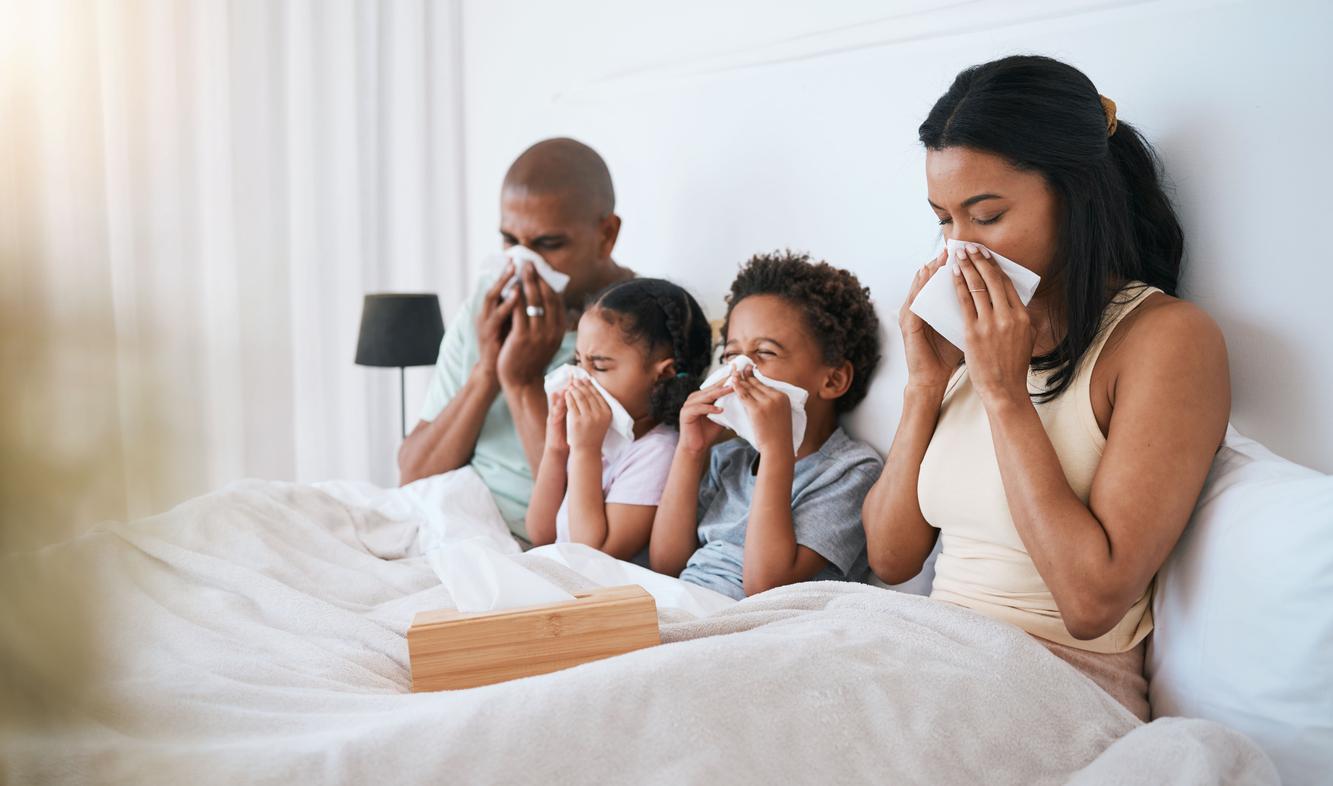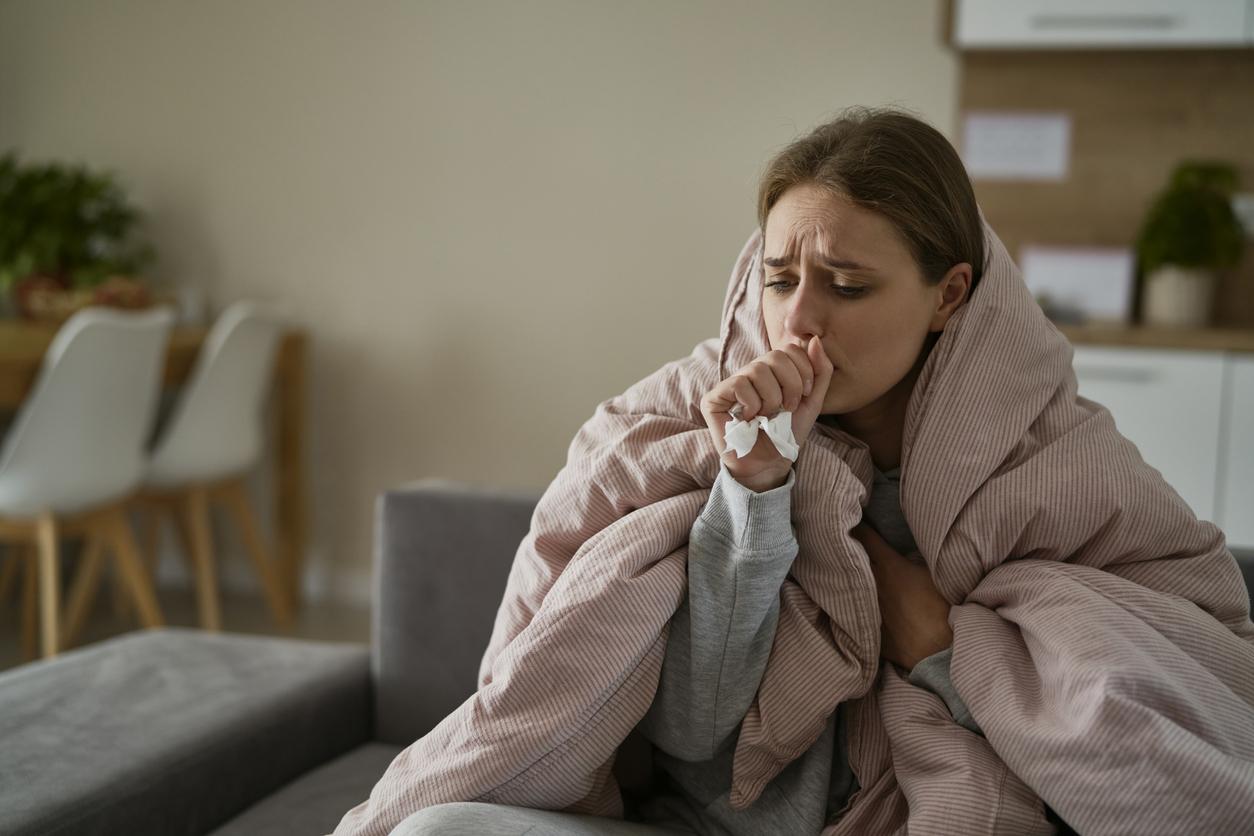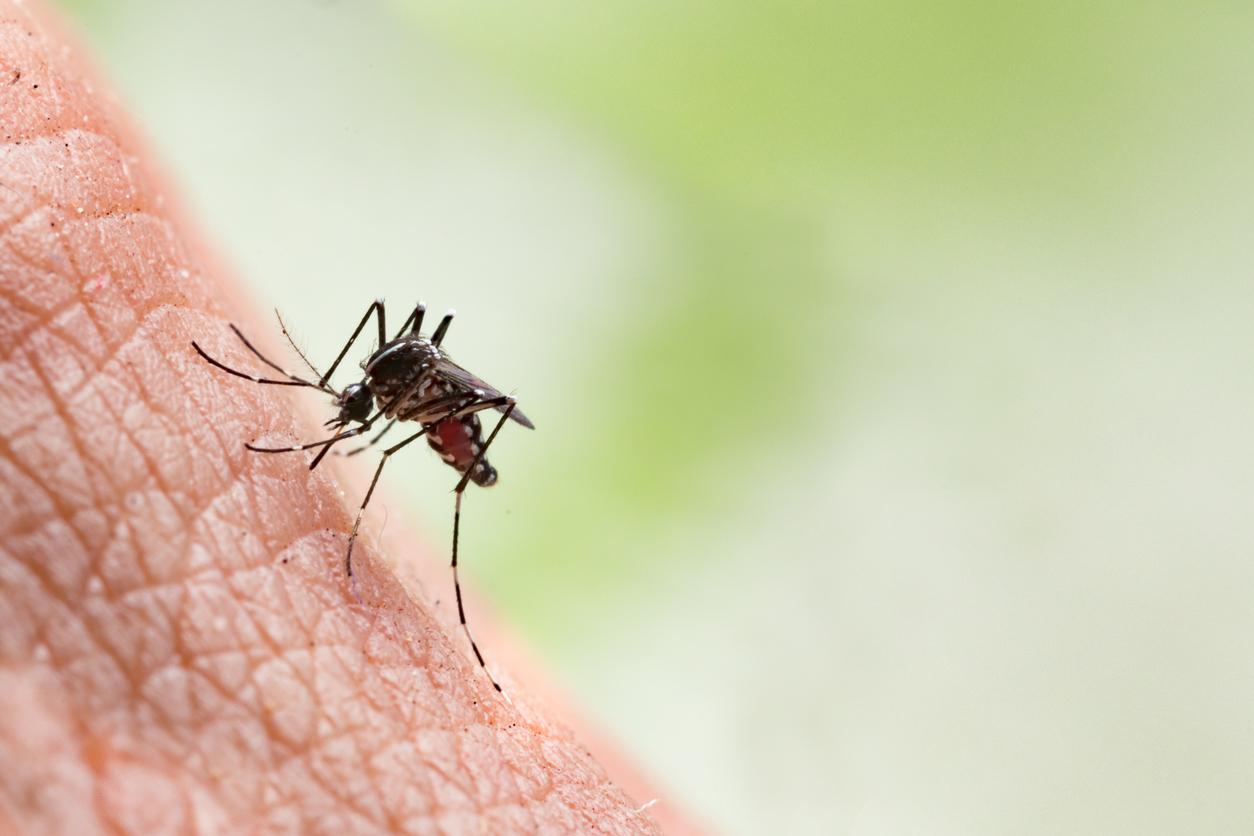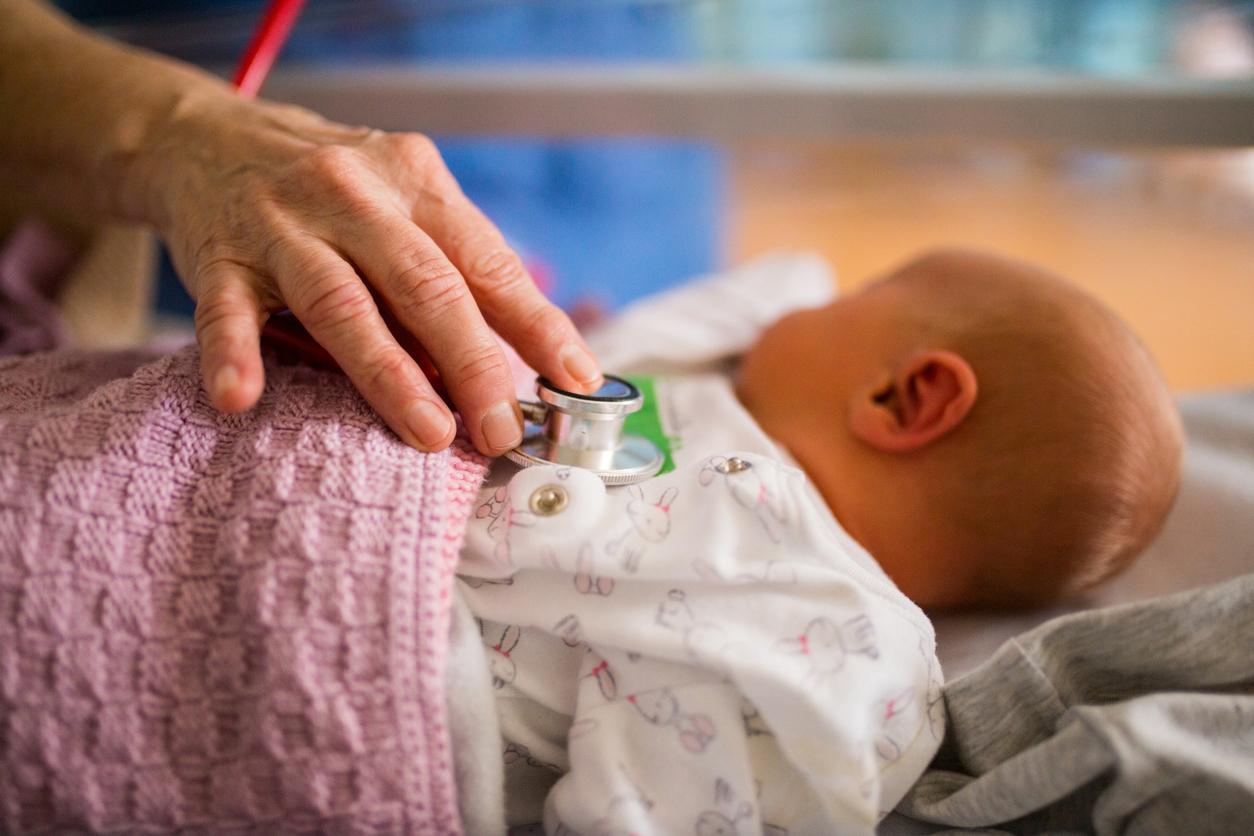In the United States, the county of Rockland, north of New York, hit by an epidemic of measles, has decided to prohibit public places to unvaccinated minors. The measure, announced on Tuesday March 26, will be effective for 30 days.

Measles continues to rage around the world. Whereas France has just experienced the first death of the year linked to this highly contagious viral disease, in the United States, the county of Rockland in northern New York has decided on a state of emergency and to prohibit public places to unvaccinated minors. The measure, announced Tuesday, March 26 on the county website, will be effective for one month. This is the most radical announcement since the reappearance of measles in several regions across the Atlantic.
“We must do everything in our power to extinguish this epidemic and protect the health of those who cannot be vaccinated for medical reasons or children too young to be vaccinated,” said County Chief Ed Day in a statement. And to specify: “public spaces are defined as a space where more than ten people are supposed to meet for civic, governmental, social, religious or leisure purposes such as shopping, the consumption of drinks or food”. Bus stations, schools and hospitals are also affected.
“As the outbreak continues, our inspectors have begun to encounter resistance from those they are trying to protect. They have been hung up on or told not to call again. They have been told, ‘We refuse to talk about this. , do not come back” while they were visiting the homes of infected individuals for their investigation”, deplores Ed Day. “This kind of behavior is unacceptable and irresponsible. It endangers the health and well-being of others and shows a shocking lack of responsibility and concern for others and our community,” he continues.
“A public health crisis”
And to conclude: “We must not allow this epidemic to continue indefinitely. We are not going to sit still while our children and our community are in danger. This is a public health crisis and it is time to ring the bell. alarm, to make sure that everyone acts to protect themselves and their neighbours”.
Located about forty kilometers from New York, the county of Rockland has more than 40,000 souls. In October, seven travelers infected with measles arrived in the county, triggering the longest outbreak of the disease since its official eradication in 2000. Indeed, according to Ed Day, Rockland has recorded 153 confirmed cases since October. And despite intensive vaccination campaigns carried out by the authorities, 27% of children aged 1 to 18 are still not vaccinated. For the politician, “these figures say a lot about why the epidemic continues”.
Vaccination: “an altruistic gesture towards the most fragile”
In all countries currently affected by a measles epidemic, resistance to vaccination is to blame. Unicef was thus alarmed on March 1 by the return of the disease to 98 countries having reported a greater number of cases in 2018 than in 2017, despite the existence of a vaccine. The resurgence of measles cases around the world is hampering progress in curbing the disease, note the authors of the report. “It’s a wake-up call,” said Henrietta Fore, chief executive of Unicef. “We have a safe, effective and inexpensive vaccine against a highly contagious disease – a vaccine that has saved almost a million lives every year for the past two decades”.
In France, where the first death linked to the disease has just been recorded, the Minister of Health Agnès Buzyn for her part recalled that “vaccination is also an altruistic gesture towards the most fragile”. “Most of the northern countries, where there is no distrust of the vaccine, are not affected by these epidemics”, she also explained this month.
Measles, an infectious disease caused by a highly contagious virus, previously affected mainly young children from 5-6 months. However, at present, a third of the cases declared in France concern people over the age of 15. According to Agnes Buzyn, “a sick person can contaminate up to 20”. Thus, measles is ten times more contagious than the flu. It is transmitted very easily from person to person. Whether through the air, when coughing, sneezing or through contact with contaminated objects.

.

















